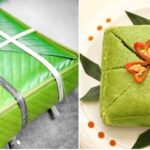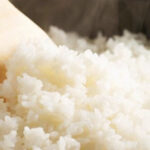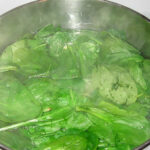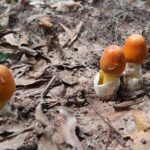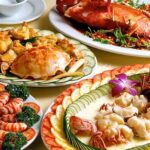The Insect That Helps Prevent Rickets in Children and Improves Fatty Liver in Adults
Silkworm pupae are a popular food in Vietnam due to their high nutritional value. They contain 79.7g of water, 13g of protein, 6.5g of lipid, and provide 206 calories per 100g. They are also a good source of vitamins A, B1, B2, PP, and C, essential amino acids, and minerals such as calcium and phosphorus, offering a range of health benefits.
According to Ths.BS Hoang Khanh Toan, former head of the Traditional Medicine Department at the Central Military Hospital 108, in traditional Chinese medicine, silkworm pupae have a sweet and salty taste and are believed to benefit the spleen and stomach, relieve irritation, and quench thirst.
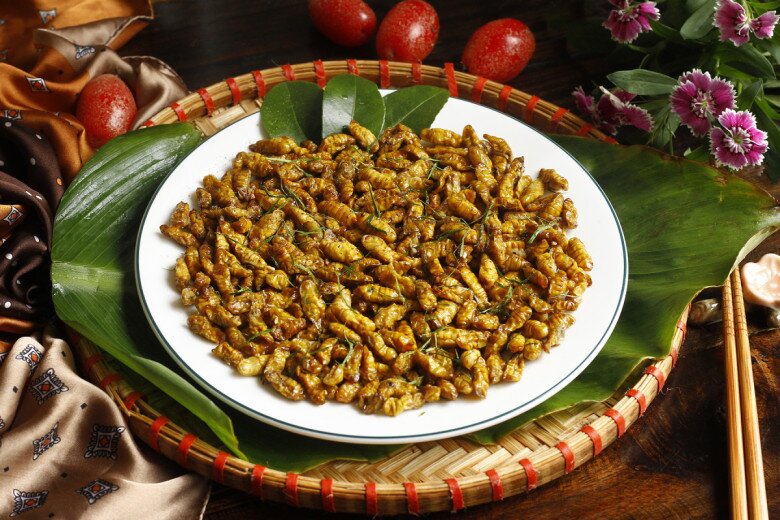
Silkworm pupae are a nutritious food for both adults and children.
Modern pharmacology has shown that silkworm pupae can help lower serum cholesterol and improve liver function, including fatty liver disease. “Silkworm pupae are usually consumed as food or powdered and drunk as a beverage”, said Dr. Khanh Toan.
Preventing Rickets
The high calcium and phosphorus content in silkworm pupae make them excellent for children’s bone health. They help increase bone density, promote height growth, and prevent rickets and malnutrition. They are also effective in preventing bone and joint-related issues such as osteoporosis and bone loss.
Improving Digestive Function
Silkworm pupae have a laxative effect and improve digestion, helping children avoid constipation. A healthy digestive system ensures better appetite and, consequently, better physical development.
Boosting Overall Health
Silkworm pupae are rich in essential vitamins such as vitamins A and C, and amino acids like valine, tyrosine, and tryptophan. Consuming silkworm pupae can enhance overall health and support children’s development to their full potential.
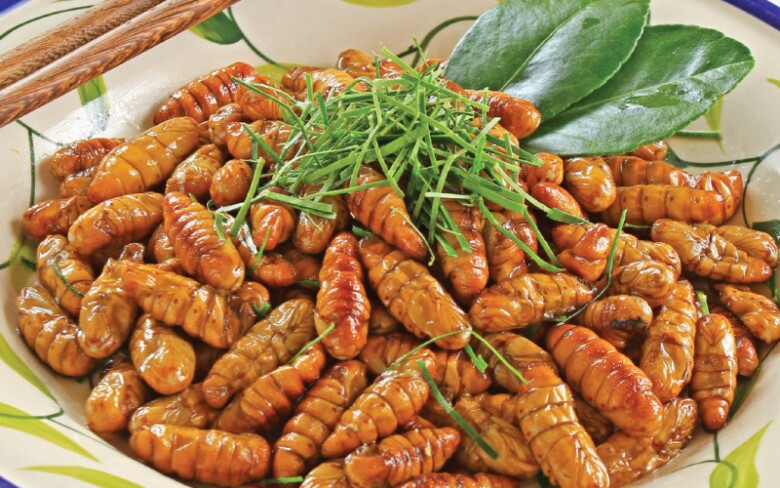
Silkworm pupae treated with chemicals can cause food poisoning.
Precautions When Consuming Silkworm Pupae
BS.CKI Luu Xuan Dang, head of the Emergency Department at Lao Cai Provincial General Hospital, noted that while silkworm pupae are nutritious and delicious, consumers should be cautious to avoid food allergies and poisoning. Dr. Dang mentioned several cases of food poisoning caused by consuming silkworm pupae, with patients experiencing difficulty breathing and nausea, and emphasized the importance of seeking timely medical attention.
The causes of silkworm pupae poisoning vary. “It could be due to consuming stale pupae that have deteriorated, or the protein in the food has broken down and become toxic. Sometimes, chemicals are used to make the pupae look plumper and more appealing. It could also be an allergic reaction to peptides in the pupae or the sodium sulfite used as a preservative”, explained Dr. Dang.
Dr. Dang advised consumers to choose fresh silkworm pupae with a clear origin and avoid purchasing stale or suspicious-looking products. “Individuals with allergic tendencies should be especially cautious and consider refraining from consuming silkworm pupae and preservatives”, he added.
In case of any adverse reactions, such as difficulty breathing, nausea, whole-body itching, abdominal pain, cold sweats, or low blood pressure, Dr. Dang recommended seeking immediate medical attention at the nearest healthcare facility.
“Heaven’s Gift” Lies Beneath: A Rainy Delicacy with a Unique Flavor and Digestive Benefits, Priced at 500,000 VND per kg.
The rainy season transforms the mountainous regions as locals venture into the forests to collect wild mushrooms, with the prized egg-yolk mushroom being a sought-after delicacy. With its exquisite flavor and exceptional nutritional value, this unique fungus promises a lucrative income for those who find it.
























